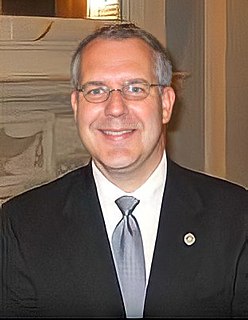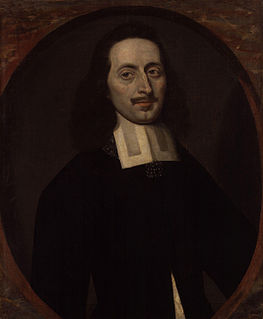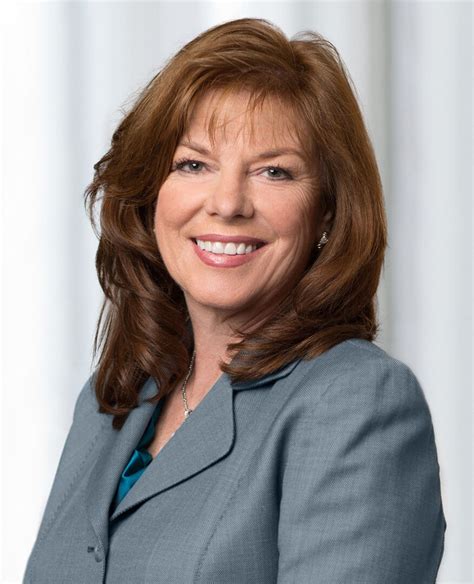A Quote by Epicurus
As if they were our own handiwork we place a high value on our characters.
Related Quotes
The love of God again makes us free, for it draws us to set a low value on those things wherein we are subject to others - our wealth, our position, our reputation, and our life - and to set a high value on those things which no man can take from us - our integrity, our righteousness, our love for all men, and our communion with God.
It was like when we were little kids and we played games on the ivy-covered hillside in the backyard. We were warriors and wizards and angels and high elves and that was our reality. If someone said, Isn’t it cute, look at them playing, we would have smiled back, humoring them, but it wasn’t playing. It was transformation. It was our own world. Our own rules.
In my view, immigrants today aren't any different from immigrants who have come to America throughout our nation's history. They bring new ideas, an entrepreneurial spirit and close family ties. They place a high value on education. And they are eager to achieve the American Dream. ... It's to our benefit to keep our doors open, and to keep enriching our economy and culture. I'd like to see America continue to do so.
We were wise indeed, could we discern truly the signs of our own time; and by knowledge of its wants and advantages, wisely adjust our own position in it. Let us, instead of gazing idly into the obscure distance, look calmly around us, for a little, on the perplexed scene where we stand. Perhaps, on a more serious inspection, something of its perplexity will disappear, some of its distinctive characters and deeper tendencies more clearly reveal themselves; whereby our own relations to it, our own true aims and endeavors in it, may also become clearer.
For what gives value to travel is fear. It breaks down a kind of inner structure we have. Travel robs us of such refuge. Far from our own people, our own language, stripped of all our props, deprived of our masks (one doesn't know the fare on the streetcars, or anything else), we are completely on the surface of ourselves.
Perhaps that is our doom, our human curse, to never really know one another. We erect edifices in our minds about the flimsy framework of word and deed, mere totems of the true person, who, like the gods to whom the temples were built, remains hidden. We understand our own construct; we know our own theory; we love our own fabrication. Still . . . does the artifice of our affection make our love any less real?
Our friendship was like our writing in some ways. It was the only thing that was interesting about our otherwise dull lives. We were better off when we were together. Together we were a small society of ambition and high ideals. We were tender and patient and kind. We were not like the world at all.







































